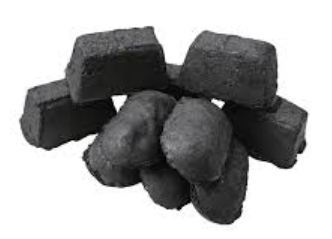What are the raw materials for electrode paste?
Electrode paste is a crucial component in the production of electrodes for electric arc furnaces used in the steelmaking process. The composition of electrode paste can vary, but it typically includes a combination of the following raw materials:
Calcined Petroleum Coke (CPC): This is a primary raw material and is derived from the distillation of crude oil. Calcined petroleum coke is a carbon-rich material with good conductivity and is a key ingredient in electrode paste.
Coal Tar Pitch (CTP): This is a byproduct of the distillation of coal tar, and it acts as a binder in the electrode paste, providing the necessary strength and adhesion.
Anodes Scrap: Recycled carbon anode scrap from aluminum smelting can be used as a supplementary material in the production of electrode paste. It helps in achieving the desired carbon content and properties.
Metallurgical Coke Fines: These are fine particles of metallurgical coke, which is a carbon-rich material derived from the destructive distillation of coal. Coke fines contribute to the carbon content and help improve the electrical conductivity of the electrode paste.
Anthracite Coal: Anthracite is a type of coal that is high in carbon content and low in volatile matter. It can be used as an additional carbon source in electrode paste.
Pitch Binder Additives: Various additives may be used to modify the properties of the pitch binder, improving its performance in terms of adhesion, plasticity, and other characteristics.
The specific formulation of electrode paste may vary based on the requirements of the steelmaking process and the type of electric arc furnace used. The raw materials are carefully selected to achieve the desired electrical conductivity, mechanical strength, and thermal properties in the finished electrode paste.






